Read next
The latest news, updates and expert views for ambitious, high-achieving and purpose-driven homeowners and property entrepreneurs.

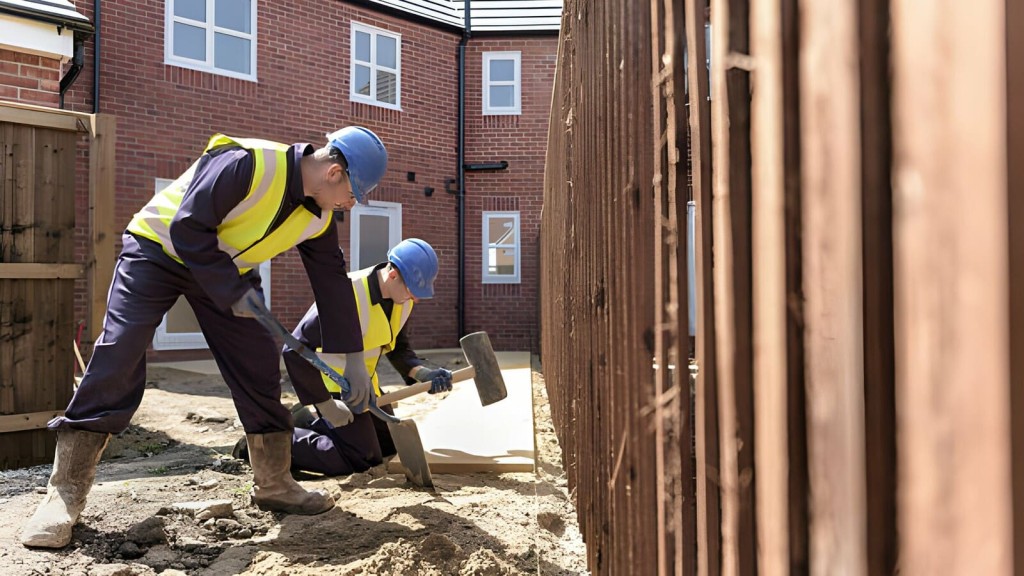
Building a new home or even undergoing an extension can be a huge endeavour - both financially and emotionally - so investing time in finding the right local builder for your project is essential.
Imagine this: you’ve been saving for years for your dream extension, you’ve found a builder who seems to be offering a great deal, but once works have started you find that they’re unreliable, they’re messy, and they’re completing your works to a poor standard.
Think about that for a minute… it would be crushing.
We would never want this to happen to you, which is exactly why we’ve written this article. Once we’re through, you’ll have the tools required to find the best local builder near you, and even more importantly, you’ll know the red flags to keep an eye out for so you can avoid employing an exploitative cowboy builder.
Let’s get started.

As we emphasised in the intro, finding the right local builder is a pivotal part of the construction process. Whether it’s a renovation or a new build, finding the best small local builder can make or break your project.
One of the greatest advantages of choosing a local construction contractor is their understanding of your neighbourhood and the high likelihood that they’ve already worked on projects like yours.
Plus, because they’re local, they will undoubtedly have strong connections with local suppliers, meaning you’ll get a better deal on trades and materials. Another community-focused benefit of choosing a local builder who will utilise smaller, local suppliers, is the support this brings to the local economy, which is a wholesome knock-on effect you can feel proud to be a part of.
Because small local builders gain a lot of their business via word of mouth, they’re more likely than larger builders to adopt a personalised approach. Naturally, when you work with a smaller team, they’re going to have greater clarity of your unique situation and will be invested in providing you with the best outcome possible.
Some people note feeling more like a number than a person when they work with large builders, which isn’t a nice feeling, particularly when working on such a huge and personal project.
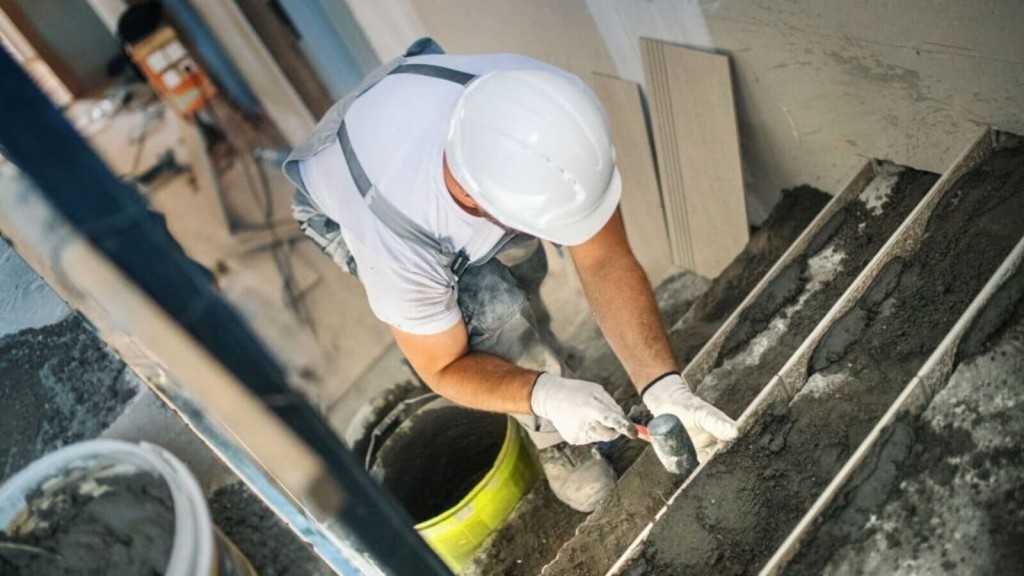
So, we’re starting to understand why local builders can be such a good idea, but how do you go about actually finding local builders?
There are thousands of small builders across the UK, and the quest to find the right one for your project can feel overwhelming.
With this in mind, here are our top tips for sifting through your options and finding the right local builder for your project.
There really is no stronger endorsement for a company than if someone you trust - like a friend or family member - has had a great experience with them. Before you do any other research, we would suggest putting the call out to your loved ones, especially those who may live locally, to see if they have any suggestions for small local builders near you.
Additionally, if you have a relationship with your neighbours, ask if they have anyone in mind that they’d work with again.
The types of questions you can ask your friends, family, and neighbours would concern the quality of the work, the frequency of communication, their punctuality, how tidy they kept the site, and if they completed works on time and to budget.
Ideally, if you are working on a new build project, you’ll want to talk to someone who has completed a new build project and the same principle applies if you’re working on an extension. In essence, the more experience your local builder has with the type of project you’re pursuing, the better.
If your friends or family don’t have any local builders to recommend, a great next step is to ask the opinion of your architect or interior designer who you might have had working around the house.
These professionals will have worked with an exhaustive list of contractors and will have an understanding of their capabilities and their reputation. They will know who is reliable and who you should avoid.
When you search ‘local builders near me’ or ’find a builder near me’, there’s a good chance you’ll be met with a suite of websites that list a whole range of builders who might fit your project.
I know what you’re thinking: ‘How helpful to have so many options in one place!’
But it’s not that simple. As we will discuss in greater depth later on in this article, you should approach these websites with a grain of salt. This is because for many of these sites, all the tradesperson needs to do is pay a fee and they will be listed up there as a local builder, even if they’re not qualified or experienced.
While some of these sites do vet the businesses they advertise on their platforms, not all do, so please be cautious if you go down this path.
Ideally, you want to be working with a small builder who has lots of experience in the project type you are hiring them for.
Good local builders will have a website and portfolio you can review to see that the project you’re hoping to bring to life is one similar to what they’ve achieved before. While many reputable builders showcase authentic images of their past projects, be mindful that some may use stock images that do not accurately represent their actual work. Be diligent in verifying the authenticity of the images presented to ensure you're making an informed decision based on real examples of their craftsmanship and expertise.
This is a fast way to confirm you’re working with a professional. Your builder should ideally have public liability insurance, which will cover the costs should the project result in damage to neighbouring property or if it results in any injury to a passerby.
Builders are also legally required to have employers’ liability insurance which covers them should one of their employees unfortunately be injured or killed at work.
The other insurance they need to have is contractors’ all-risk insurance, also known as contract works policy, which offers safeguards against damages to building works in progress from risks such as fire, flooding, storms, vandalism, and theft.
Lastly, for those embarking on a new house construction, it's crucial to ascertain whether a new build warranty will be enforced to safeguard you in the event of the builder going bankrupt post-construction. A new build warranty, also referred to as a new home warranty or builder warranty, functions as an insurance policy shielding homeowners from structural issues or craftsmanship defects in their newly constructed homes.
Ask to see their certificates or a confirmation of an insurance letter from their insurance broker, and if they can’t provide these documents, this is an indication they’re not the right team for you.
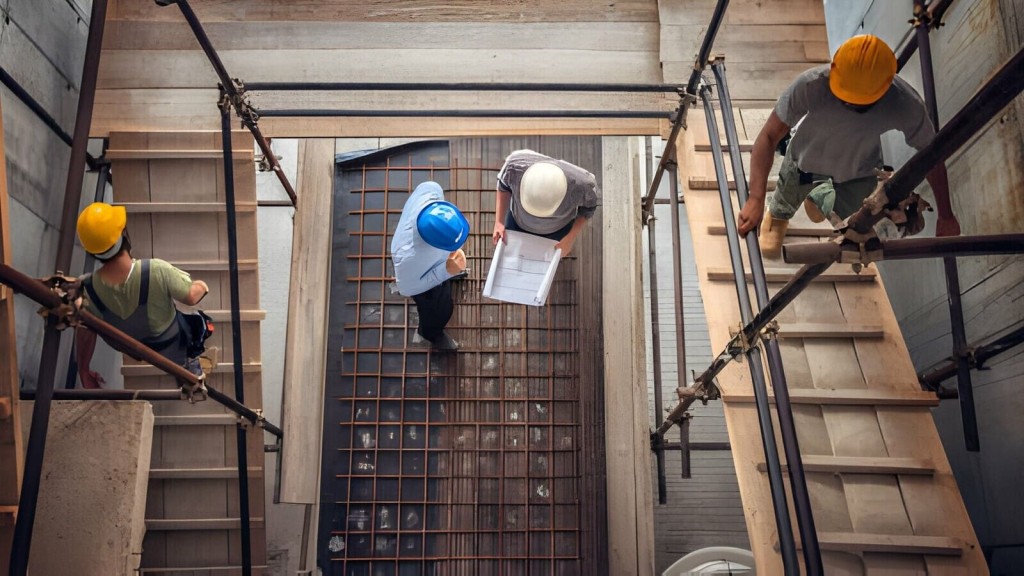
Once you’ve narrowed down your list of potential small local builders, it’s important you do your due diligence to make sure you’re working with the builder best suited to your project and your preferences.
Though it may seem tiresome or tedious, taking the time to meet your shortlist of prospective local builders is a great way of establishing a sense of their professionalism and even of their personality.
After all, the builder you end up selecting is going to be in your life for quite a while - many projects take months to years to complete depending on their complexity - and if you get along well, life will be much easier for all parties.
Examples of questions to ask in these early meetings include:
Maybe this sounds demanding, but we promise you it’s not. When you’re on the search for the right local builder, you are effectively conducting a job interview, so references from past clients they’ve worked with are a must!
A good local builder will have a bundle of references at the ready, so it really isn’t much of an ask. If your builder isn’t prepared to provide references, it could be an indication they’re hiding something or aren’t quite the quality builder they’re claiming to be.
If you’re not someone who works in the industry, it can be tricky to understand how to read and compare quotes.
Our biggest piece of advice when it comes to quotes is not to just view the total price and choose the cheapest option - you need to thoroughly review the breakdown of what each quote has covered (and what it hasn’t covered), as every small builder will have their own way of doing things.
Keep in mind that the build cost will change depending on the experience of the contractor, the project management process, the timeframes they’ve allowed for, as well as a number of other factors. Generally speaking, you would expect to see fluctuations of up to 20-25% and quotes beyond this range should be ruled out.
If you've got an architecture firm helping with your project, leverage their expertise to thoroughly assess the contractors' quotes. They’ll help you understand the fine print and will make sure what’s quoted is suitable for your project.
To round out our point on quotes, if you're just starting out and are looking for an idea of how much you'll need to budget, we strongly suggest using our free build cost calculator. It's a handy tool that can give you a rough idea of what your build might cost. If you’re looking for something more thorough though, getting a quantity surveyor on board to prepare a bill of quantities is a good idea, as they’ll provide a much more detailed estimate of the costs you can expect to be paying.

Construction contracts are crucial when it comes to working with small local builders. They’re the document outlining the responsibilities and obligations of all parties involved in your build; they establish expectations, timelines, costs, and the scope of work, ensuring everyone is on the same page.
A contract is a tool that protects both you and your builder from risk and without one, you’re putting yourself in a vulnerable position. Some might assume a contract is unnecessary for a renovation project given they’re a smaller undertaking than a new build, but the reality is you do need them for both. In London and the UK more generally, commonly used building contracts include fixed-price contracts, cost-plus contracts, and design-build contracts.
JCT contracts are a great option for those new to the building industry. They’re a standardised suite of contracts that are highly respected in the industry and can be used for everything from minor works to major projects. If you want to know more about the nuances of each type, we recently wrote a whole article on them, so check it out!
Depending on your preference and the scope of your project, your architect, a contract administrator, or a quantity surveyor will oversee and manage your contract, ensuring that the project progresses in accordance with what it articulates.
Quality communication is an essential part of successfully navigating the construction process - both you and your builder need to be on the same team to keep things moving smoothly and steadily. Clear communications are also a key part of minimising the potential for any conflict or disputes, as both you and your builder will be on the same page right the way through the building process.
To create an open line of dialogue, it’s a good idea to articulate your expectations with your builder early on in the piece. Have a chat about the regularity and the method of communication you will use to avoid a mismatch in conversation style. Perhaps you could suggest a meeting schedule, where you come together on a weekly or fortnightly basis to discuss any project updates or issues. If your builder uses industry jargon you don’t understand, don’t be afraid to ask them to clarify what they’re talking about so things don’t get lost in translation.
If communication does ever go awry and you are butting heads with your builder over what was and wasn’t agreed to when it comes to finances, you could seek the assistance of a neutral mediator, who will negotiate an outcome that works for both of you. The government provides a free mediation service for 'money disputes' to help settle financial issues out of court, however, the claim can’t exceed £10,000. The process only takes 2-3 weeks as opposed to going to court, which often involves wait times of up to 30 weeks.
One of the most important parts of this article and of your journey in finding a good local builder is being aware of the red flags to look out for when it comes to cowboy builders.
No doubt as part of your research to find a builder you would have typed in some of the following phrases:
Plugging these terms into your search engine is likely going to come up with a host of websites where ‘builders’ pay to advertise their services. While a few of these sites do some due diligence and vet applicants before hosting them on their websites and include local builder reviews from past customers, there are a number who make very little effort to verify the quality of these businesses, but host them on their website anyway.
In our opinion, this is hugely unethical, but it’s our responsibility as consumers to be aware that some companies exist solely for their own profit and have no interest in genuinely providing consumers with a good service. Unfortunately, many cowboy builders lurk on these sites, so please be careful.
Classic indicators you could be dealing with an unreliable builder include the following:
This could result in the builder either not completing your works or completing them to a sub-par standard, which can take a huge emotional toll (and of course, can cost a fortune to rectify).
We have an extensive audit and checklist that can help you establish whether you are working with a cowboy builder, so if you have a few spare minutes, we’d highly recommend completing our quiz.
If you’re worried you are working with a cowboy builder, there are a few things you can do.
The first thing is to collect as much evidence as you can - paperwork, photos, videos, conversation notes, text or email correspondence - and report them to the police. While you’re unlikely to get very far if the work is okay but not great, if the builder has taken your money and done a runner, or if the works are terrible, then they could be running a fraudulent business and that’s worthy of a police investigation.
Another option is to get in touch with Trading Standards who specialise in this area and will help in advising what to do if your works have been completed to a poor standard.
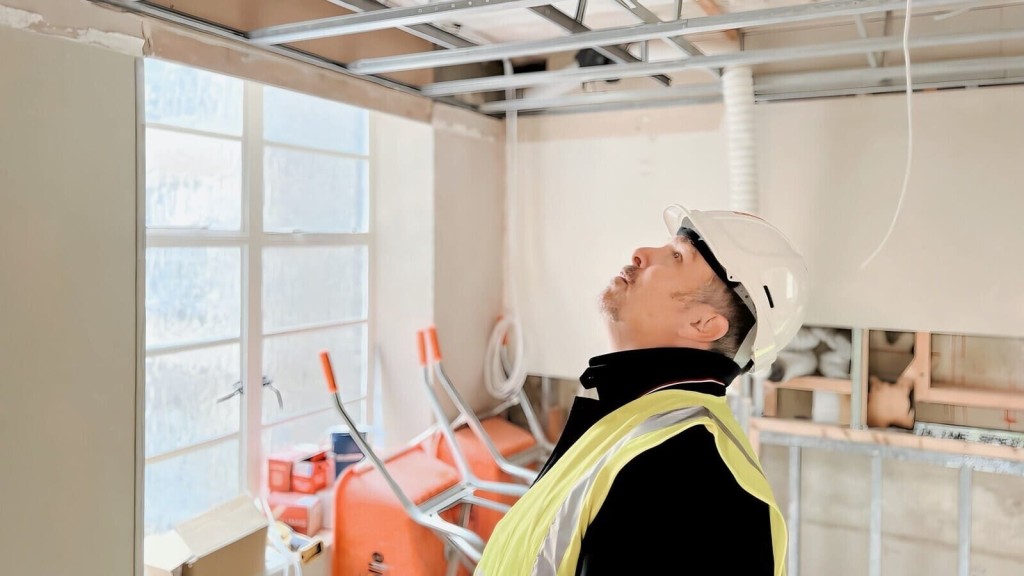
We’re a multidisciplinary team of residential architects, town planners, and project managers, and we’ve worked with countless local builders across London and the UK more broadly, and we know which builders are worth their buck and which ones are best avoided.
We help homeowners and developers to have as seamless a building experience as possible by utilising agile construction management principles. Navigating construction challenges, especially in cities as dynamic as London, demands more than just technical expertise. It requires increased levels of coordination, flexibility, and communication. This approach ensures every aspect, from design to execution, harmonises with your vision and evolving needs.
If you need assistance on your project and would like help finding the right local UK builder, please don’t hesitate to get in touch with our friendly team.

Urbanist Architecture’s founder and managing director, Ufuk Bahar BA(Hons), MA, takes personal charge of our larger projects, focusing particularly on Green Belt developments, new-build flats and housing, and high-end full refurbishments.
We look forward to learning how we can help you. Simply fill in the form below and someone on our team will respond to you at the earliest opportunity.
The latest news, updates and expert views for ambitious, high-achieving and purpose-driven homeowners and property entrepreneurs.
The latest news, updates and expert views for ambitious, high-achieving and purpose-driven homeowners and property entrepreneurs.
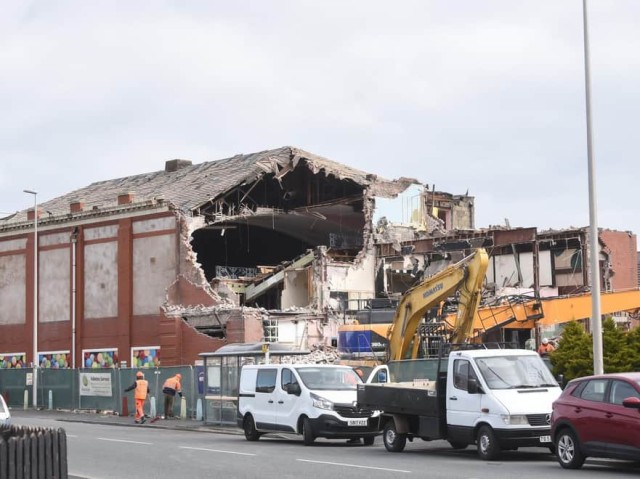
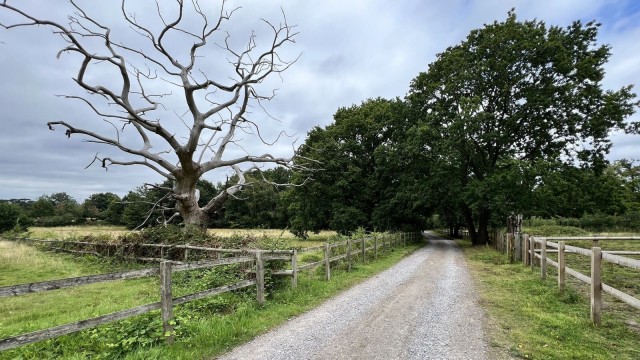
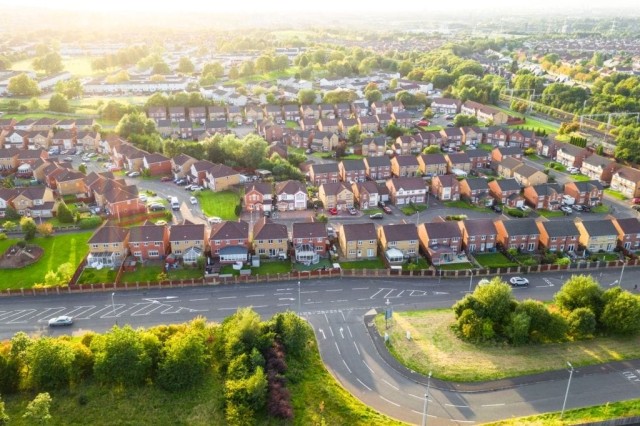

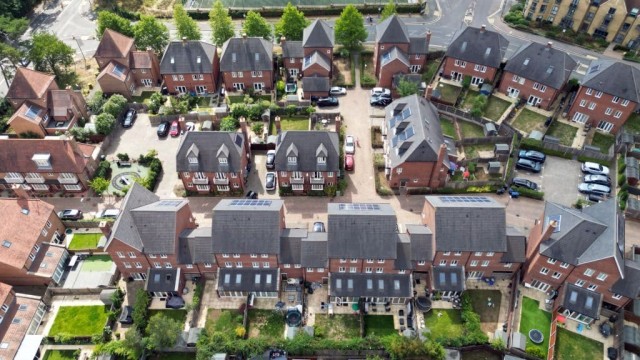
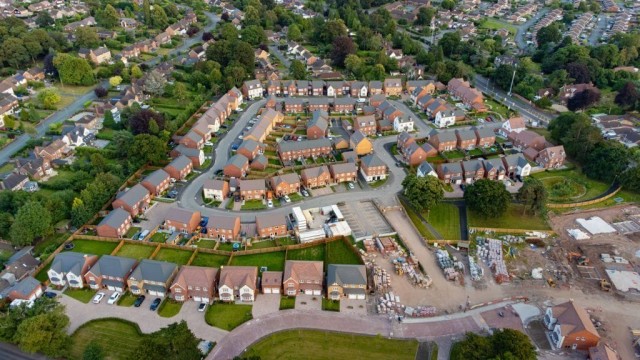
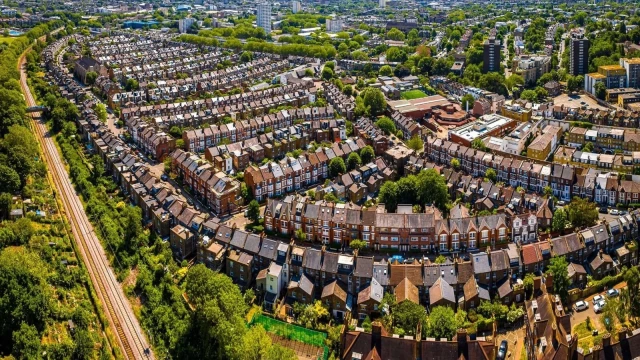


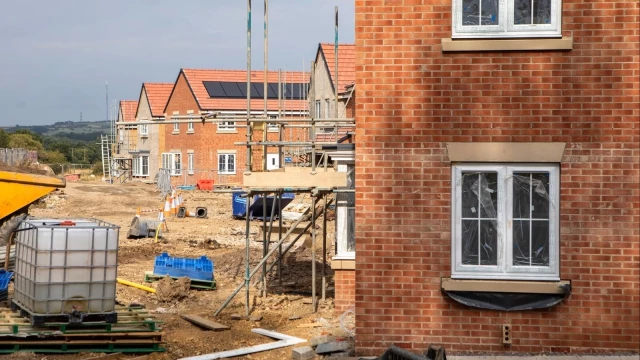
We specialise in crafting creative design and planning strategies to unlock the hidden potential of developments, secure planning permission and deliver imaginative projects on tricky sites
Write us a message